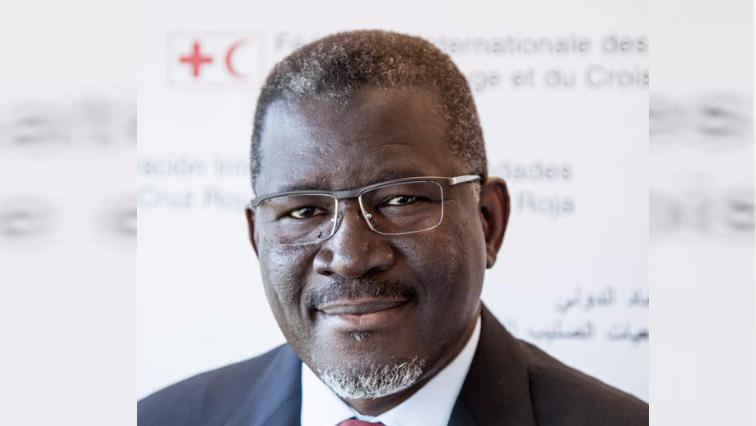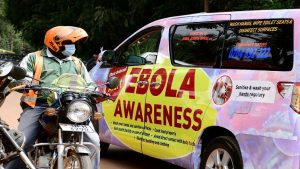Ebola, zika, SARS: a century after the “Spanish flu” killed 50 million people, humanity now risks a new wave of deadly diseases, and in today’s globalised world another such pandemic may be unavoidable, experts warned at the Davos summit this week.
“Pandemics are becoming a real threat to humanity,” Elhadj As Sy, secretary general of the International Federation of Red Cross and Red Crescent Societies, told AFP at the World Economic Forum in the Swiss resort.
One Davos discussion titled “Are We Ready For the Next Pandemic?” was joined by experts including Sylvie Briand, a specialist in infectious diseases at the World Health Organisation (WHO).
“We know that it is coming, but we have no way of stopping it,” she said.
This year marks the centenary of the worst epidemic in history: the so-called Spanish flu — an outbreak that experts say was actually imported to Europe by troops from the United States coming to fight in World War One.
Across the world, the disease killed more people in two years than the four years of fighting had.
Richard Hatchett, director of the public-private Coalition for Epidemic Preparedness Innovations (CEPI), said India lost five percent of its population in 1918 — the only time in the country’s history that its population declined.
A century on, a new flu virus is the risk that most worries experts.
“The flu is a respiratory virus that is easily transmitted and people can be contagious even before they show symptoms, so it is not easy to control,” said Briand.
Its numerous forms are also able to “marry” one another or bond with viruses from birds or pigs in potentially deadly new combinations.
Despite the development of anti-viral drugs, antibiotics and the first vaccines, two other flu pandemics erupted after the Spanish flu, in 1957 and 1968 — killing millions.
More recent epidemics have reminded the world that it is still vulnerable to outbreaks.
The SARS respiratory virus killed some 770 people in 2003.
“These past three years, there has been Ebola in West Africa, zika in South America and more recently a plague epidemic in Madagascar” last year, said Sy.
Ebola hemorrhagic fever killed 11 000 in West Africa in 2014 and 2015. The disease also spread around the world after international travellers were infected.
“Humanity is more vulnerable in the face of epidemics because we are much more connected and we travel around much more quickly than before,” said Briand. “When we travel, the viruses travel with us.”
Hatchett warned that disease specialists are still dealing with the consequences of zika, a mosquito-borne disease which causes birth defects.
The outbreak in Latin America in 2015 took scientists by surprise.






